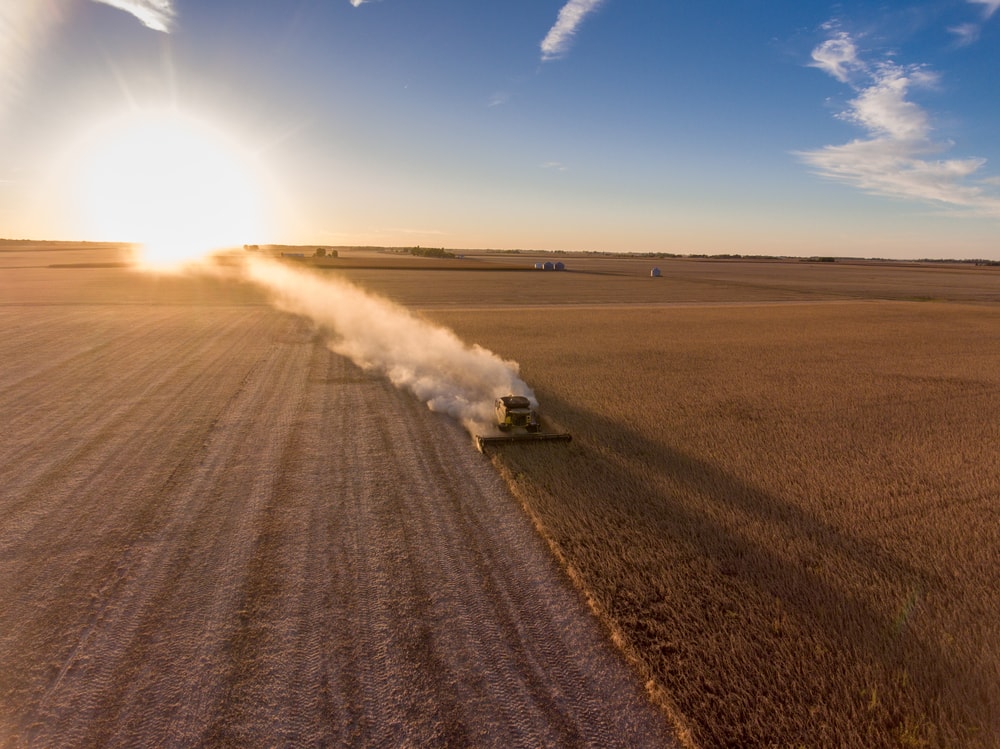How Will We Respond To The Latest Farm Crisis?
29:33 minutes

The Farm Crisis of the 1980s was a dark time for people working in food and agriculture. U.S. agricultural policies led to an oversupply of crops, price drops, and farms closures. At the same time, the rate of farmer suicide skyrocketed. The industry struggled, until organizations like Farm Aid and others popped up to give voice to the crisis.
But farm advocates agree that farmers are in the middle of another period of hardship, one brought on by the same factors that caused the Farm Crisis in the 1980s. Farmers today are experiencing low crop prices, uncertain markets, and high farm debt. And this time around, there’s a greater awareness and stress about the impacts of climate change.
So what will our response be to this latest crisis? How will farmers get the support they need—both economically and emotionally? State and regional organizations for farmers have been quick to restart the conversation around the importance of rural mental health, but funding has been slow to follow. In an unexpected twist, the Trump administration’s recent decision to move the U.S. Department of Agriculture from Washington, D.C. to Kansas City has been the source of some of this funding bottleneck.
All the while, studies are reporting increasing rates of farmer suicides—mirroring the 1980s.
Ira speaks with Katie Wedell, author of a recent article in USA Today on the latest farm crisis, as well as Ray Atkinson from the American Farm Bureau Federation about a recent poll looking at perceptions of rural mental health. They’re joined by Jennifer Fahy from Farm Aid, Brittney Schrick, assistant professor at University of Arkansas, and Jim Goodman, retired dairy farmer and farm advocate, to discuss the scope of the crisis and response.
Invest in quality science journalism by making a donation to Science Friday.
Katie Wedell is an investigative reporter with the USA Today Network based in Columbus, Ohio.
Ray Atkinson is Director of Communications for the American Farm Bureau Federation in Washington, D.C.
Jennifer Fahy is the Communications Director for Farm Aid in Cambridge, Massachusetts.
Brittney Schrick is an Assistant Professor and Family Life Specialist at the University of Arkansas Cooperative Extension Service in Little Rock, Arkansas.
Jim Goodman is a retired organic dairy farmer and farm activist in Wonewoc, Wisconsin.
Katie Feather is a former SciFri producer and the proud mother of two cats, Charleigh and Sadie.
Ira Flatow is the host and executive producer of Science Friday. His green thumb has revived many an office plant at death’s door.